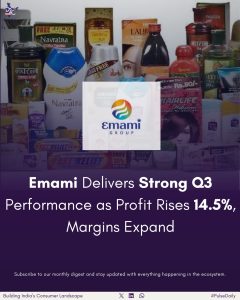Colive, an Indian co-living startup that’s growing fast, just got $20 million in new funding. Bain Capital is leading the round, with continued support from Sattva Group. This funding is a big step for Colive and for the D2C scene in India, where tech-powered living options are becoming key for city folks.
With this money, Colive is focusing on expanding, improving its tech, growing its market reach, and planning for the future of rental housing nationwide.

This funding is tied to a larger project. Bain Capital and Sattva Group have teamed up to launch a $100 million co-living real estate platform across India and have picked Colive to manage it. The goal is to change how people in India live in cities by buying land, building co-living communities, and providing homes in major cities. Each property, around 300,000 sq. ft, will be for executive rentals, giving pros and millennials a better living experience that combines convenience and community.
Colive plans to grow from its current spots to 50,000 beds in the next three years. They’ve already secured land in Bengaluru and Pune, with nearly half a million square feet in development. They’re also looking at Hyderabad and other major cities, with 8–10 projects planned. This is a large growth move in 2025, showing how co-living startups are mixing real estate with direct-to-consumer models in India.
As a VC-backed D2C brand, Colive has been tough in India’s housing market. This funding shows global investors such as Bain Capital are investing in D2C businesses in India that have strong demand, can grow, and have solid growth plans. Co-living is more than just real estate; it’s becoming part of the D2C startup story, where housing is a consumer-first product with tech-linked services, flexible contracts, and community experiences.
This platform shows a change in the D2C trends, where even real estate is being shaken up by D2C methods and tech. The model mixes private equity and consumer-focused real estate, giving Colive a runway to take a large part of India’s rental market.
Colive’s journey shows how startups can grow beyond online stores. Like brands in food, beauty, or electronics, co-living startups are building trust with consumers by being open, providing quality, and being reliable—key parts of the D2C business model in India. With Bain’s support, Colive has the capital and strategic support to change rental housing for the next decade.
Colive is creating a new category: D2C co-living. By mixing real estate size with D2C speed, it’s set to change how people in urban India live, rent, and interact with housing. This funding round can be seen as a major D2C startup funding story of 2025, putting Colive at the center of housing, tech, and D2C growth.









